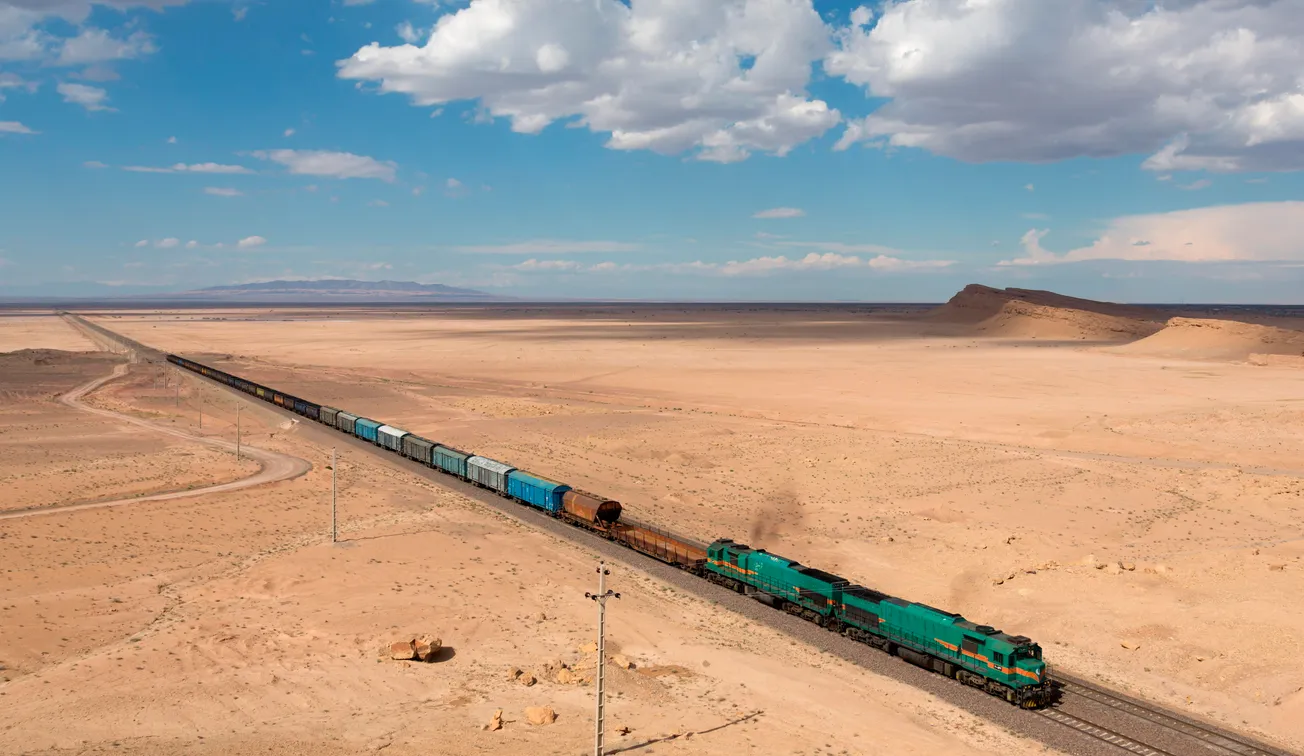Joseph Aoun, Chief of Staff of the Lebanese army, was elected as President of the Republic of Lebanon, after a vote in the parliament. His election was supported by the United States, Israel, France and Saudi Arabia.
What is noteworthy is that while the Hezbollah group of the national assembly could have blocked the candidacy, the head of the bloc, Wahid Safa, whose brother-in-law Hassan Nasrallah was the Hezbollah leader murdered by Israel, had announced on Jan. 5 that the Hezbollah group would not be boycotting his candidacy. He announced the only group they would boycott was the “Lebanese forces” of Samir Geagea, wholly owned by Israel.
On Jan. 9, Parliament Speaker Nabih Berry, one of three powers in Lebanon where power is held by the Shi’a, convoked Joseph Aoun in view of electing him President of the Republic.
Le Figaro war correspondent Renaud Girard, who had recently been in Lebanon, wrote on Jan. 8 that Hezbollah probably regretted using their rockets against Israel in support of Gaza, which prompted Israel’s ire and hence its huge attack on Hezbollah.
Russia’s Foreign Ministry issued a statement Jan. 9 that “Moscow welcomes the resolution of the presidential crisis that has lasted since October 2022. This opens up prospects for strengthening domestic political stability in Lebanon and rectifying the country’s difficult socio-economic situation. Russia believes that the restoration of broad national consensus is the key to ensuring unity and civil peace in multi-confessional Lebanon.
“The Russian Federation confirms its unwavering position in support of the independence, sovereignty, unity and territorial integrity of the friendly Lebanese Republic. It is committed to the further development of Russian-Lebanese relations and close coordination of efforts in the interests of ensuring peace and security in the Middle East region, which is experiencing a period of military and political turbulence.”




